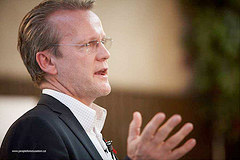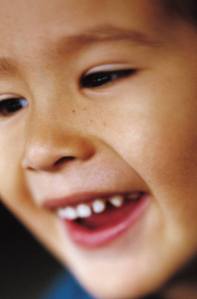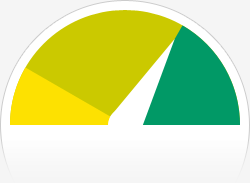There was a lot of talk about success at People for Education’s 15th annual conference on November 5th and 6th. And there was a lot of talk about Finland.
success at People for Education’s 15th annual conference on November 5th and 6th. And there was a lot of talk about Finland.
Pasi is a teacher, a researcher and an advisor to many governments, the World Bank and the OECD. Among the “Finnish facts” he shared with us:
- In Finland there is no word for accountability and there are no standardized tests.
- By the time kids graduate from basic education (our grade 10) approximately half of them have had some kind of special education support – but the Finnish definition of special education includes any form of extra support.
- Finnish students and teachers spend fewer hours in class than students in any other OECD country.
- The Finnish government recommends that students spend 33% of their weekly lesson hours on Arts and Health & Physical Education, compared to 27% on Math and Science.
- Finnish students outperform students from nearly every other OECD country in math, language and science
Other highlights of the conference included the “face-off” between former education Ministers Janet Ecker and Gerard Kennedy, and NDP researcher Michael Polanyi. Just click here to watch it online. They talked a lot about the College of Teachers – so maybe that should be one of our topics for next year’s conference.
In the plenary panel, Ben Levin explained to us that there weren’t magical attributes that made a “good teacher” – but there are definitely skills involved in “good teaching.” He said that the danger inherent in talking about “good teachers” was that it implied good teaching was more about a type of personality and less about teaching skills. He also shared some great insights about our misguided love of innovation.
Journalist Rick Salutin and Edmonton education specialist Jim Gibbons debated the merits of specialty schools. Rick thought they undermined public education; Jim thought they were an important answer to parents’ desire for choice.
The new Minister of Education Laurel Broten, in one of her first speeches, talked about how her experiences as a parent looking for speech language support for her child had helped her understand how important it is that all of our systems work together. She said, rightly, that parents don’t care which arm of government is delivering the service – they just want to have access to it when it’s needed. She also outlined new plans for children and youth mental health that will bring nurses into schools and make it easier to find support.
One of my favourite parts of the conference every year is when everyone in the room introduces him or herself. This year, there were parents, school council and PIC members, trustees, teachers, principals, academics, government officials and community members from Terrace Bay, Timmins, and Toronto; Windsor, Wasaga Beach, and Wallaceburg; Nepean, Newcastle and North Bay, and everywhere in between. Along with guest speakers from New Brunswick, Alberta and Finland, it was a pretty impressive roll call. Even the new Minister was impressed.
There was a debate about fundraising and a facilitated discussion about the role of PICs; attendees learned to make their own e-newsletters, navigate the special education system and understand the role of school trustees.
There are lots of pictures of Day 1, both the speakers, and the people. And we are posting notes from all the sessions, on our website, as they come in.
Day 2 of the conference started with an early morning (too early!) meeting of the People for Education Network. The Network now includes representatives from school councils and PICs from 50 of our 72 school boards and representatives from community agencies. That meeting focussed on developing recommendations about school councils, based in part on People for Education’s recent report on school councils, Beyond Fundraising.
After the Network meeting on Sunday, attendees buckled down and got to work. The questions: If you were in charge of the education system, how would you define success? And how would you measure it? With facilitation from TVOParents, participants broke into groups to begin the amazing (and hard) process of coming up with new goals for education that go beyond targets for test scores. They did that, then they settled on a list of “indicators” (things that could be used as indications that either the kids or the system was meeting the goals) that could be used. All the notes from the session will be posted soon but suffice it to say groups came up with a range of responses – everything from goals for happy kids, to indicators that include lower crime rates.
Dan Shaw was a great addition to Day 2. He “animated” all the work, and soon you’ll be able to access the video of the day and of Dan’s work. For now, you can see the pictures by clicking here.
And someday, I’ll tell the story of what happened when one network member ran over another network member’s foot in the parking lot.





 Happy New Year!
Happy New Year!


